New Progress of BYD Lithium Iron Phosphate Project
On August 27, according to Cailian news, BYD said that the company's lithium project in Chile has not yet been determined and will continue to negotiate with the Chilean authorities.
(Source: WeChat public number starting point lithium battery ID:weixin-lddsj author: Preface Huai)
BYD executives revealed in an interview recently that due to the unfinalized terms, the production time is expected to be postponed, adding that the company must ensure a "good deal". The company is still negotiating with the local government, and the decision is now in the hands of the Chilean government.
On last April, the official website of the state-owned company CORFO of Chile announced that BYD Chile was granted the status of a qualified lithium producer so that it could obtain a preferential price with a battery-grade quota of lithium carbonate.
CORFO said that BYD Chile Antofagasta Lithium Plant (BYD Chile Lithium iron phosphate Plant) project in Cathode of Chile would receive 11244 tons of supply from SQM Salar until 2030.
The plant's annual output target is 50000 tons of lithium iron phosphate materials, with an investment scale of at least 0.29 billion US dollars. The factory will be put into production before the end of 2025.
however, in May this year, Chilean officials released information that they were dissatisfied with the progress of BYD's construction in the local area. It even implies that if BYD fails to put into production as scheduled in 2025, it will lose valuable lithium quota.
In fact, according to Stella Li, chief executive officer of BYD America, "the Chilean government has been slow in implementing the national lithium strategy and has not allocated a place for the factory."
in July, BYD said to the outside world that its Chilean branch and the Chilean Production Promotion Committee (CORFO) reached an agreement on the production of lithium battery materials, announcing that BYD had obtained the production qualification and factory construction license of lithium iron phosphate cathode materials in Chile.
But at present, the progress of negotiations between the two sides has reached a certain deadlock. Guess from the above statement, the contradiction between the two sides may appear on the site selection of factory construction.
Previously, it was pointed out that the factory alternative address provided by the Chilean government was not ideal. Based on the national franchise system, Chile actively promotes the nationalization of lithium ore. If foreign enterprises want to invest in the mining and smelting of lithium ore and other resources, they need to bid for quotas from the Chilean government.
This kind of auction is basically accompanied by binding conditions. BYD's establishment of a local factory is the condition for obtaining the mining quota of Chile lithium mine.
The Chilean government "slow decision-making & rdquo; Behind the "tough attitude", it is closely related to the transformation of the national strategy of lithium mine holding resources.
According to statistics, the global lithium resource reserves are 28 million tons of metal, equivalent to about 0.149 billion tons of lithium carbonate equivalent (LCE), including 46.5 million tons of LCE in Chile.
According to the report released by Chile, Chile exported 9 kinds of Lithium minerals in 2023, with a total export volume of about 250000 tons. In addition, China is the main export destination of Chile's Lithium minerals, and the proportion of Lithium minerals exported to China is.
Not only BYD, but also Tianqi Lithium, as the second largest shareholder of SQM, previously questioned the compliance of the partnership agreement in the first time for the transaction between SQM and Chile National Copper Company (CODELCO) controlled by the Chilean government CODELCO, and actively took a series of countermeasures.
From the above information, the case of BYD and Tianqi Lithium industry shows that in the face of Chile's "high-pressure policy" and diversified market choices, Chinese enterprises need to be cautious in their investment decisions on the journey to the sea and must firmly grasp the initiative. BYD stated that it must ensure a "good deal", which is actually a wise move.
To meet the challenge of overseas resource protectionism, we need to accelerate the development progress of domestic lithium resources, improve the recycling industry chain, and actively promote the development and application of new technologies to avoid "being fit the neck".
Domestic lithium battery enterprises should avoid risks, make investment paths in advance, and seek countries and regions with better business environment. At the same time, when signing the investment contract, it was agreed to settle disputes through international arbitration and actively hold dialogues with governments of various countries.
In fact, judging from all kinds of public statements, South American governments all hope to let their countries take a ride on the industrialization of new energy. Therefore, the policy restrictions of South American countries in the field of lithium ore only point to the mining link, and they are generally welcome for foreign capital to invest in lithium ore deep processing projects with higher added value in their own countries.
Besides, just china lithium battery in terms of the leading position occupied by the industrial chain, it is difficult for overseas markets to truly decouple from the domestic lithium battery industry.
 Dongguan Juneng New Energy Technology Co., Ltd.
Dongguan Juneng New Energy Technology Co., Ltd.
 137 5142 6524(Miss Gao)
137 5142 6524(Miss Gao)
 susiegao@power-ing.com
susiegao@power-ing.com
 Xinghuiyuan High tech Industrial Park, Dalang Town, Dongguan City, Guangdong Province
Xinghuiyuan High tech Industrial Park, Dalang Town, Dongguan City, Guangdong Province


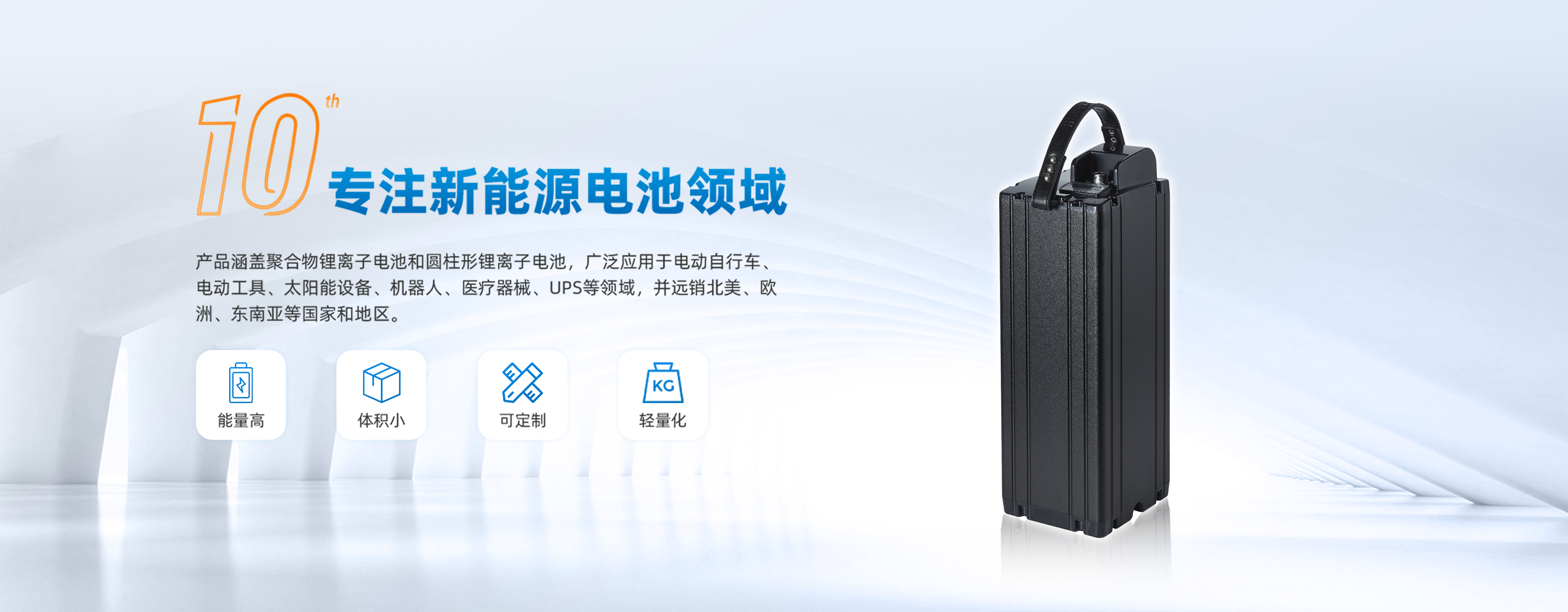
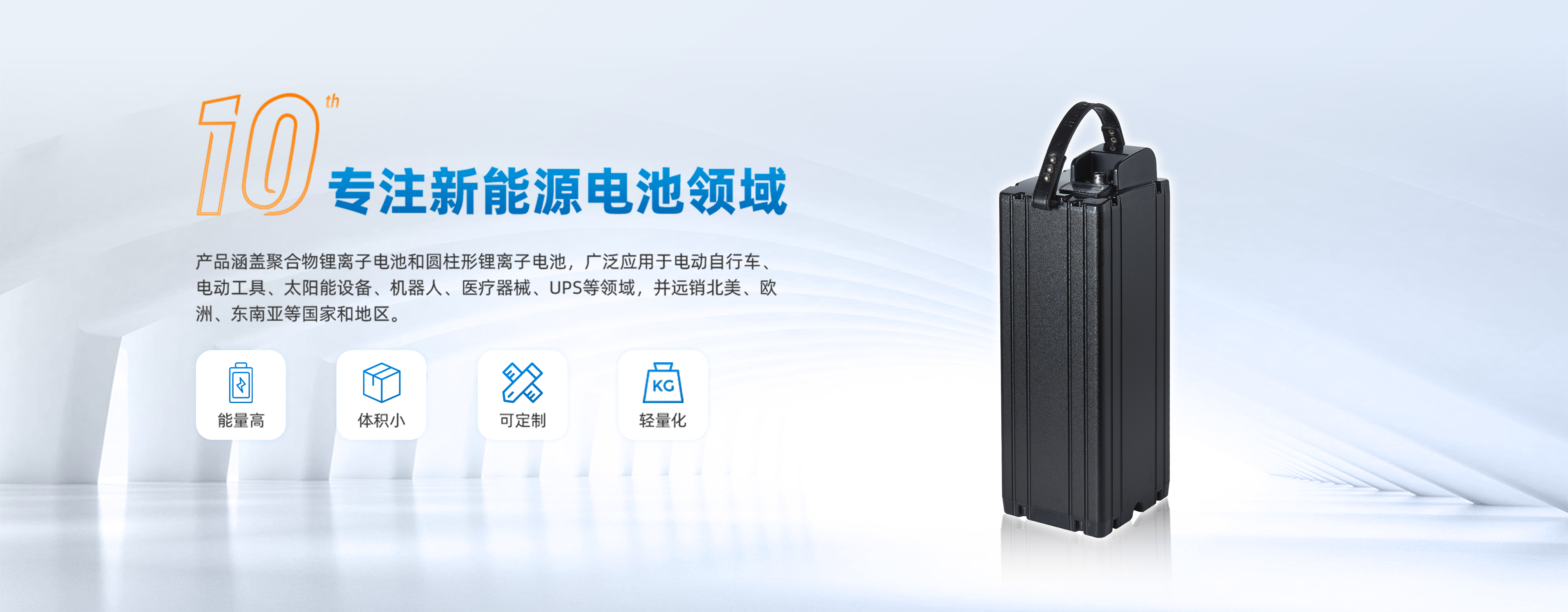
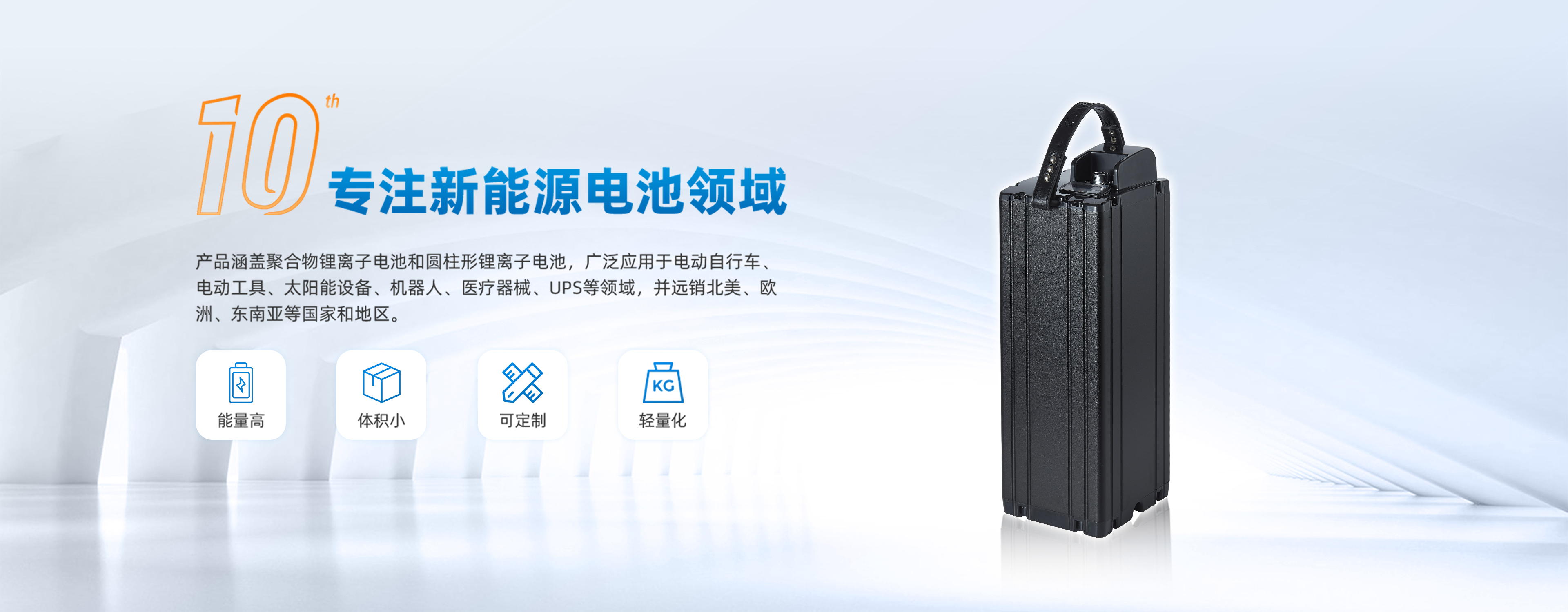



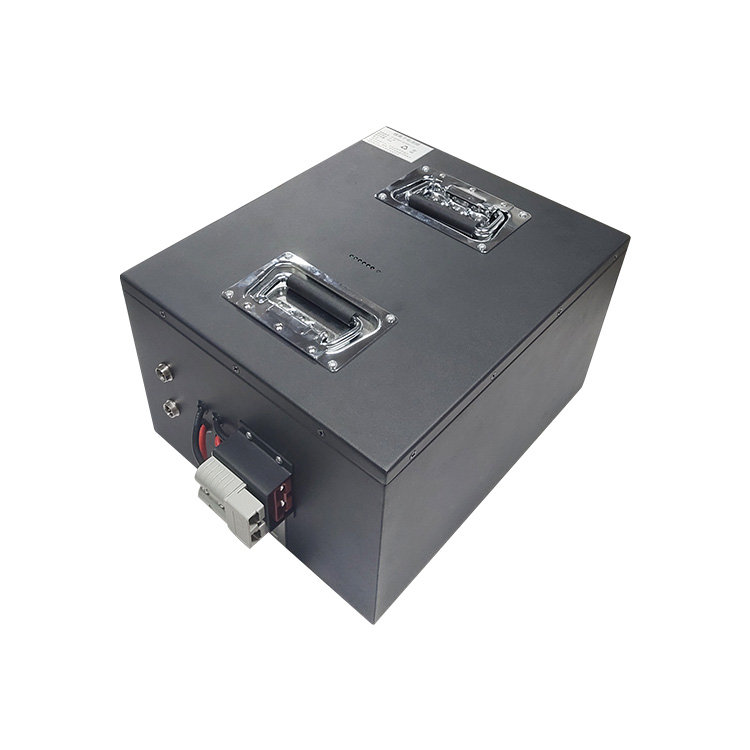


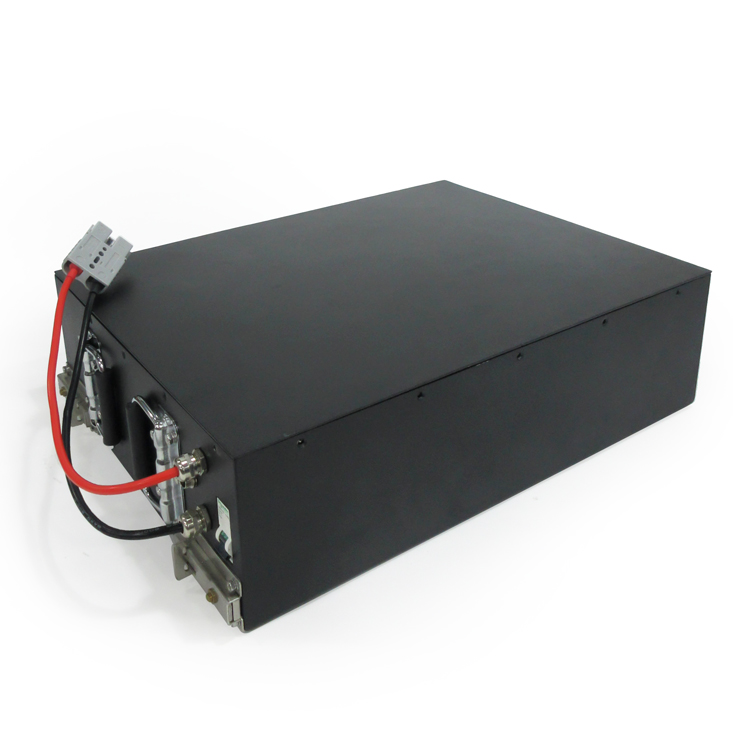

 Yue Gong Wang An Bei No. 4419002007491
Yue Gong Wang An Bei No. 4419002007491